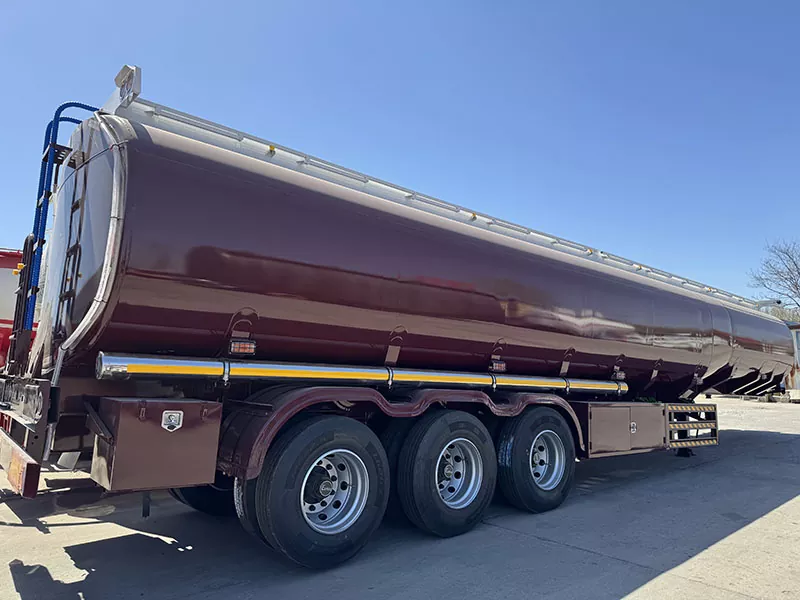What Is a Semi-Trailer and How Does It Work?
2025-04-15
Semi-trailers are a vital part of the logistics and transportation industries, playing a key role in moving goods across cities, countries, and even continents. But what exactly is a semi-trailer, and how does it function?
Understanding the Basics
A semi-trailer is a type of trailer that has no front axle and relies on a towing truck (commonly known as a tractor unit) to support a large portion of its weight. This design allows for a more flexible and efficient transport solution, especially for heavy or bulky cargo.
Unlike full trailers, which have both front and rear axles, semi-trailers attach to the tractor unit via a fifth-wheel coupling. This gives the vehicle better maneuverability and load distribution, especially when navigating tight urban areas or busy highways.

Key Advantages of Semi-Trailers
1. Versatility
Semi-trailers can be adapted to transport a wide range of goods, from refrigerated produce to construction materials.
2. Load Capacity
Thanks to their robust construction, they can carry heavy loads while maintaining stability.
3. Cost-Efficient
They reduce fuel consumption and operating costs by distributing weight more efficiently compared to full trailers.
4. Detachability
Drivers can leave trailers at designated locations, allowing tractors to switch quickly and reduce downtime.
Common Types of Semi-Trailers
- Flatbed Trailers – Ideal for transporting large or irregularly shaped items.
- Dry Van Trailers – Enclosed and used for general freight.
- Refrigerated Trailers (Reefers) – Used for temperature-sensitive goods.
- Tanker Trailers – Designed for liquid cargo like fuel or chemicals.
- Lowboy Trailers – Built for hauling heavy equipment and machinery.
Semi-trailers have revolutionized freight transport and continue to evolve with new materials, safety features, and smart technologies.


